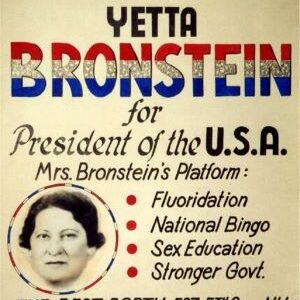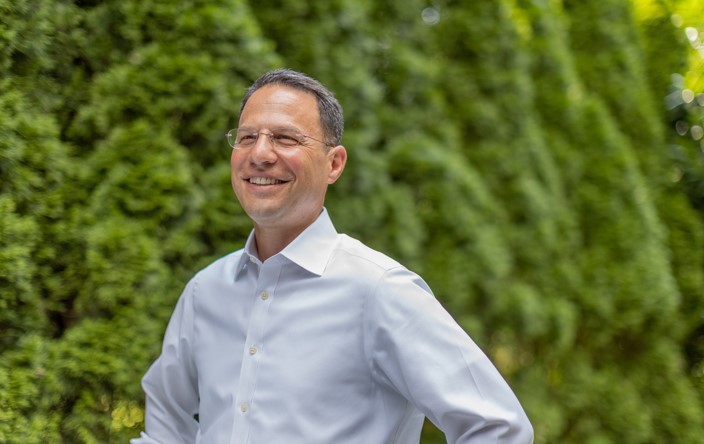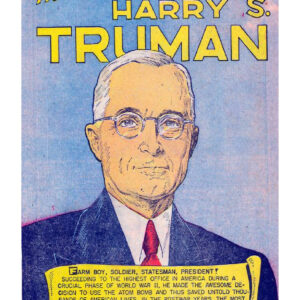It’s time to pick a president again. In a few weeks, we’ll know who’ll be moving into the White House next year. (Then again, as crazy as 2024 has been, we may not.) Sixty years ago, one presidential hopeful stood out from the crowd. She was unlike all other candidates. Because she didn’t exist. Meet Yetta […]




